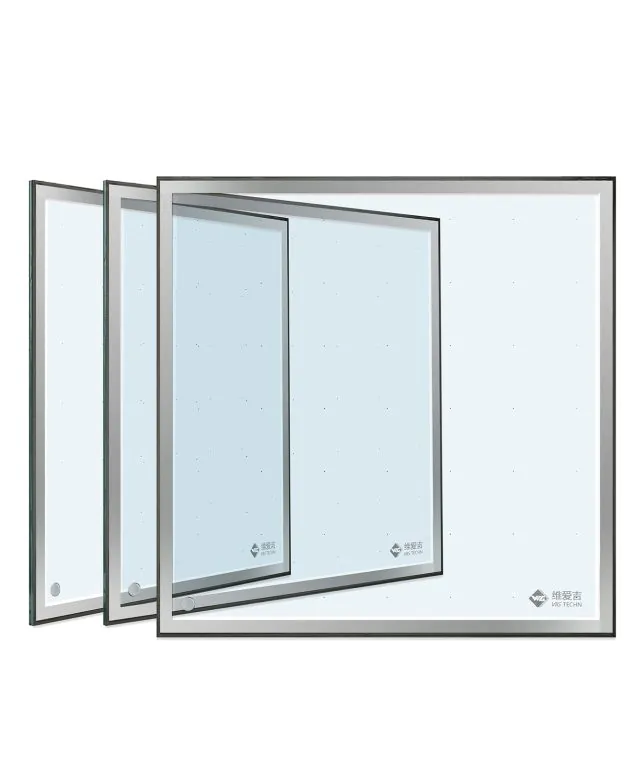Understanding Vacuum Insulated Glass
Vacuum insulated glass is an innovative solution designed to minimize heat transfer. This type of glass consists of two panes with a vacuum in between, offering superior insulation properties. Homeowners and businesses alike can benefit from the energy efficiency provided by vacuum insulated glass, which can lead to decreased energy costs and enhanced comfort. For instance, in cold winter months, utilizing vacuum insulated glass can help maintain a warm indoor environment, reducing reliance on heating systems. This technology not only supports energy conservation but also contributes to a sustainable lifestyle, making it a worthy investment for those keen on reducing their carbon footprint.

The Practical Applications of Vacuum Glass
Beyond traditional settings, vacuum glass is revolutionizing modern architecture. Its lightweight nature allows designers to create larger windows without compromising structural integrity, maximizing natural light while ensuring thermal efficiency. For example, consider a high-rise building in a bustling city that employs vacuum glass; it stands as an example of both aesthetic appeal and cost efficiency. The thermal performance ensures climate control, reducing heating and cooling demands. Furthermore, this technology appeals to industries requiring strict temperature controls, such as food storage and pharmaceuticals. Choosing vacuum glass is a strategic decision that translates into tangible savings and improved quality of life.

The Advantages of Insulated Windows
Insulated windows provide a crucial advantage in improving energy efficiency, especially in regions experiencing extreme weather. These windows work by trapping air within the frames, creating a barrier that significantly reduces the transfer of heat. By opting for insulated windows, homeowners can expect a noticeable difference in their energy bills. In summer, this means cooler interiors, while winter offers a warm refuge from the harsh cold outside. Notably, insulated windows enhance soundproofing, contributing to a serene indoor atmosphere. The added benefit of UV protection also prolongs the life of furniture and décor, making them a smart choice for homeowners looking to invest in long-term comfort and sustainability.
Real-World Benefits of Insulated Windows
Insulated windows go beyond mere aesthetics; they serve as a crucial factor in maintaining indoor climate and comfort. For instance, a family residing in a busy urban neighborhood might turn to insulated windows to achieve a quieter living environment while also making their home more energy-efficient. The decrease in heating and cooling costs can significantly improve overall household budgeting. Furthermore, when energy-efficient materials are used in window manufacturing, they not only provide immediate savings but also contribute to environmental sustainability. By choosing insulated windows, homeowners are actively participating in a global movement towards energy conservation, which includes protecting the planet for future generations.
Conclusion
In summary, vacuum insulated glass and insulated windows represent significant advancements in energy efficiency and comfort for homes and businesses. Both solutions offer practical applications that lead to tangible benefits, from reduced energy costs to enhanced indoor environments. For those looking to invest in such innovative products, SuperVIG stands out as a leading manufacturer, offering high-quality options that ensure reliability and sustainability. By choosing SuperVIG, customers benefit from supply advantages, ensuring they meet their design and performance needs seamlessly. Investing in vacuum insulated solutions is not just a choice; it’s a step toward a brighter, more efficient future.